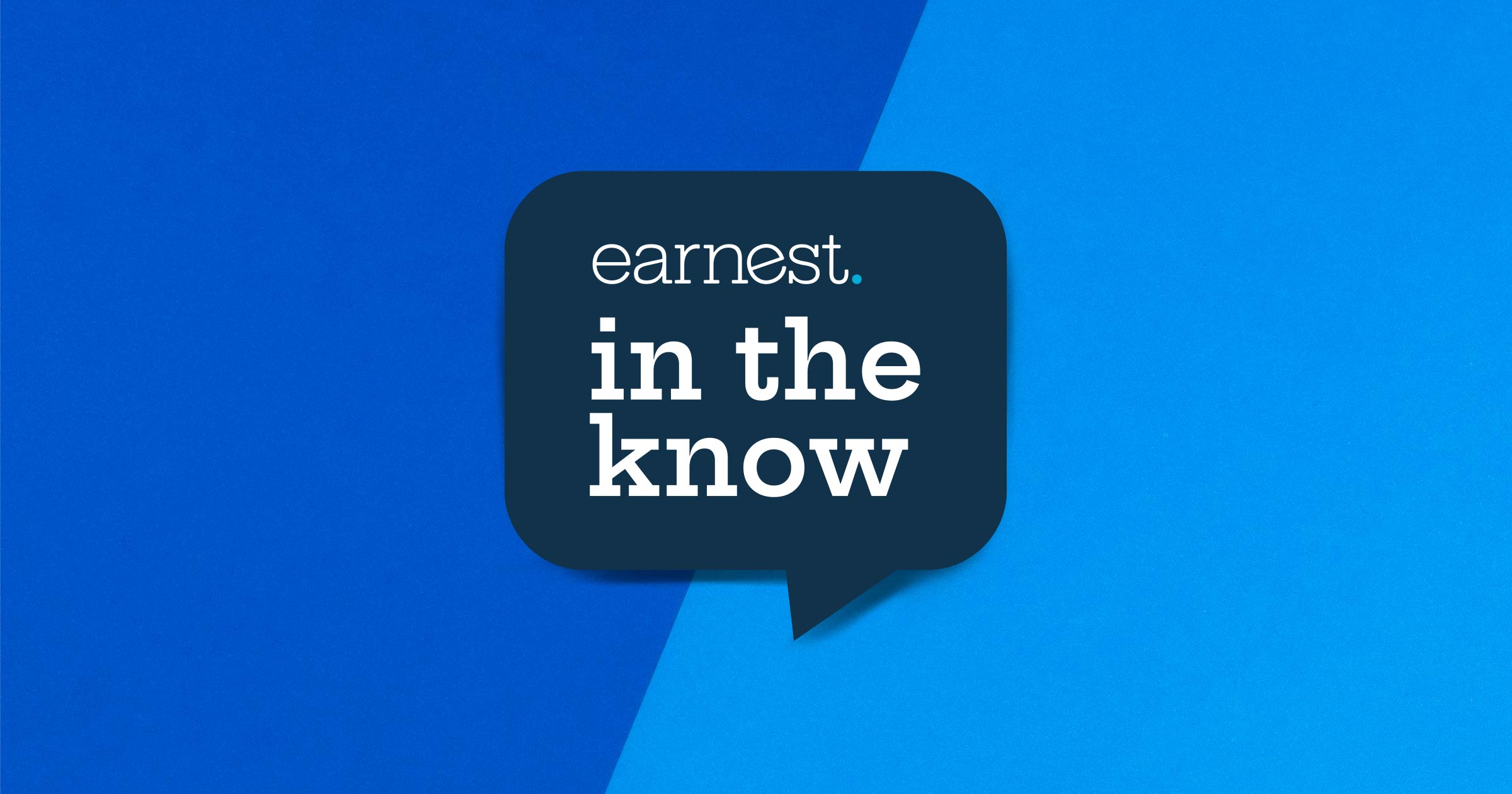Overseas news
The S&P Global manufacturing September Purchasing Managers’ Index (PMI) came in lower than expected at 47 (vs. the market estimate of 48.5). This is down from 47.9 in the prior month, showing a fading optimism possibly linked to anxiety over the upcoming US election.
Purchasing Managers’ Index (PMI) is an index that shows if market conditions are seen as expanding (index over 50), staying the same (index at 50), or contracting (index under 50). The S&P Global version covers 45 of the world's major economies.
Meanwhile, the People’s Bank of China (PBC) injected liquidity through reverse repos to banks: 74.5 billion yuan via 14-day reverse repo at 1.85% (down from 1.95%), and 160.1 billion yuan via 7-day reverse repo at 1.7% (unchanged).
A reverse repurchase agreement, commonly known as a “reverse repo,” is the term for buying securities from another party with the agreement to sell them to the same party in the future at a higher price. In this case, the PBC is the one doing the buying.
Local developments
The Philippine Stock Exchange index (PSEi) ended higher at 7,417.25. Bullish sentiment dominated trading and was attributed to the announcement of the Bangko Sentral ng Pilipinas’ (BSP) Reserve Requirement Ratio (RRR) reduction and expectations for more policy easing.
The government made a full award of the Treasury bills (T-bills) offered on Monday as yields declined across the board. This happened amid strong demand after the RRR news.
When the RRR is lowered, banks will have more money to lend out to individuals and businesses. This can help stimulate the economy.
According to the European Investment Bank, the Philippines obtained $3.13 billion (P174.23 billion) from multilateral lenders in 2023. This was for funding projects aimed at mitigating the effects of climate change.
The Senate ratified the free trade agreement (FTA) between the Philippines and South Korea. This will remove tariffs for more than 90% of goods traded between the two countries.
An FTA is an arrangement between 2 or more countries that covers certain obligations that affect trade in goods and services, protections for investors and intellectual property rights, and others. Having this agreement can encourage commerce between the countries that make it.
The news doesn’t hold a high possibility of big changes in the near future. Keeping an eye on developments while maintaining a long-term investing approach may be the right move for you for now.

.jpg)
